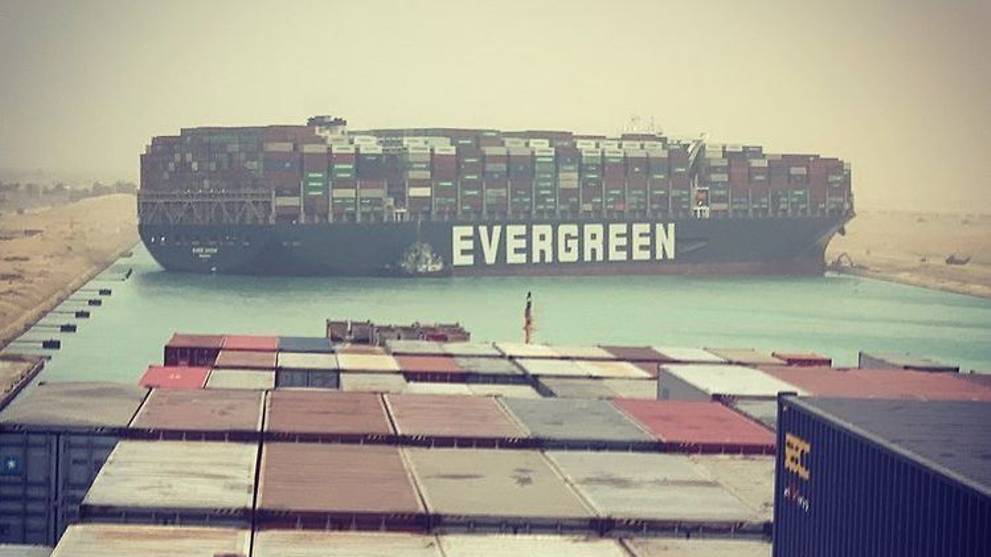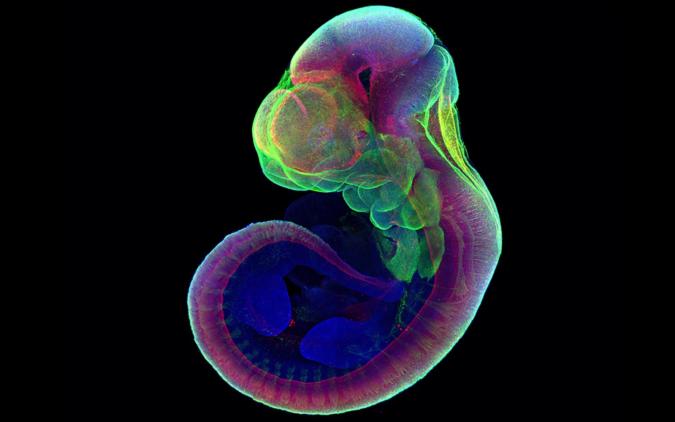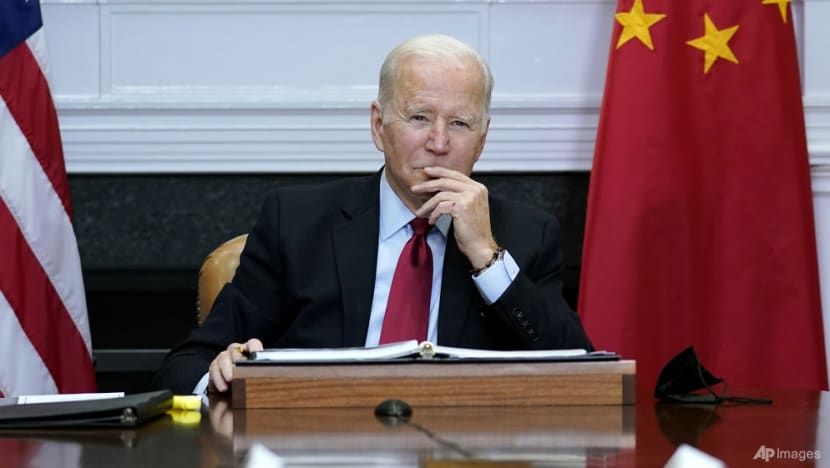
Andrew Sheng
Xiao Geng
30 Dec 2021
HONG KONG - Next year will mark 50 years since US President Richard Nixon travelled to China to meet with Communist Party of China Chairman Mao Zedong and Chinese Premier Zhou Enlai - a major step toward restoring relations after decades of estrangement and hostility.
A half-century later, the progress they launched has been all but lost, and US President Joe Biden is partly to blame.
The ideological differences between the United States and China in 1972 could not have been starker. But both sides recognised the vast benefits of a détente.
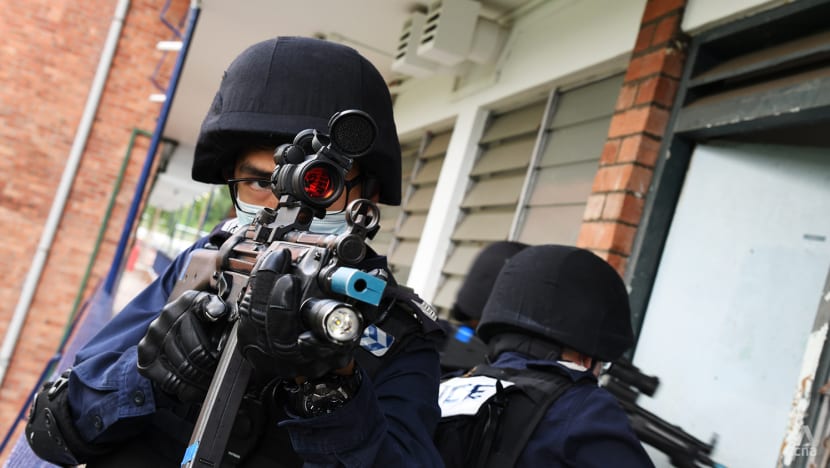
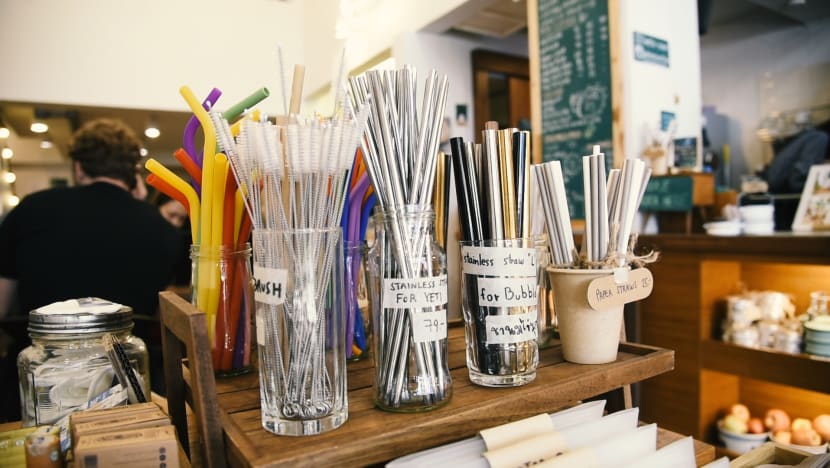 Reusable straws at a bulk store. (Photo: Pichayada Promchertchoo)
Reusable straws at a bulk store. (Photo: Pichayada Promchertchoo)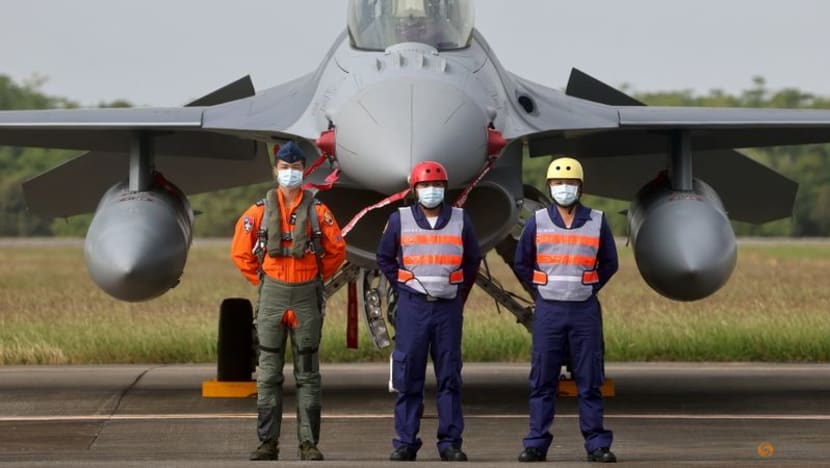
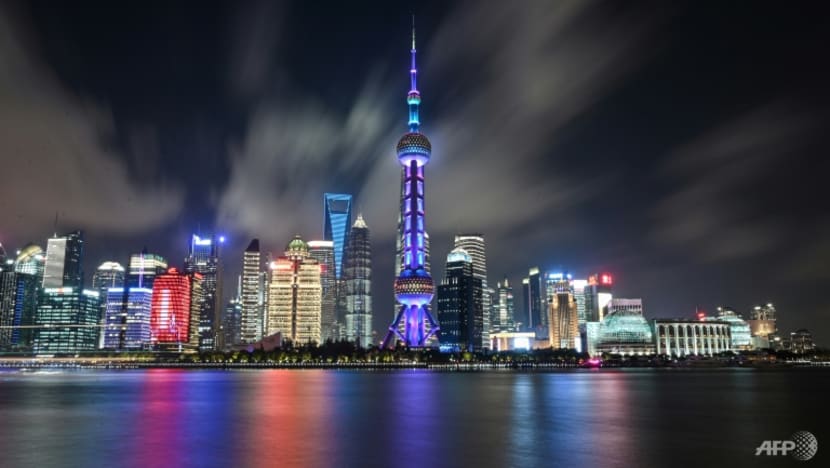

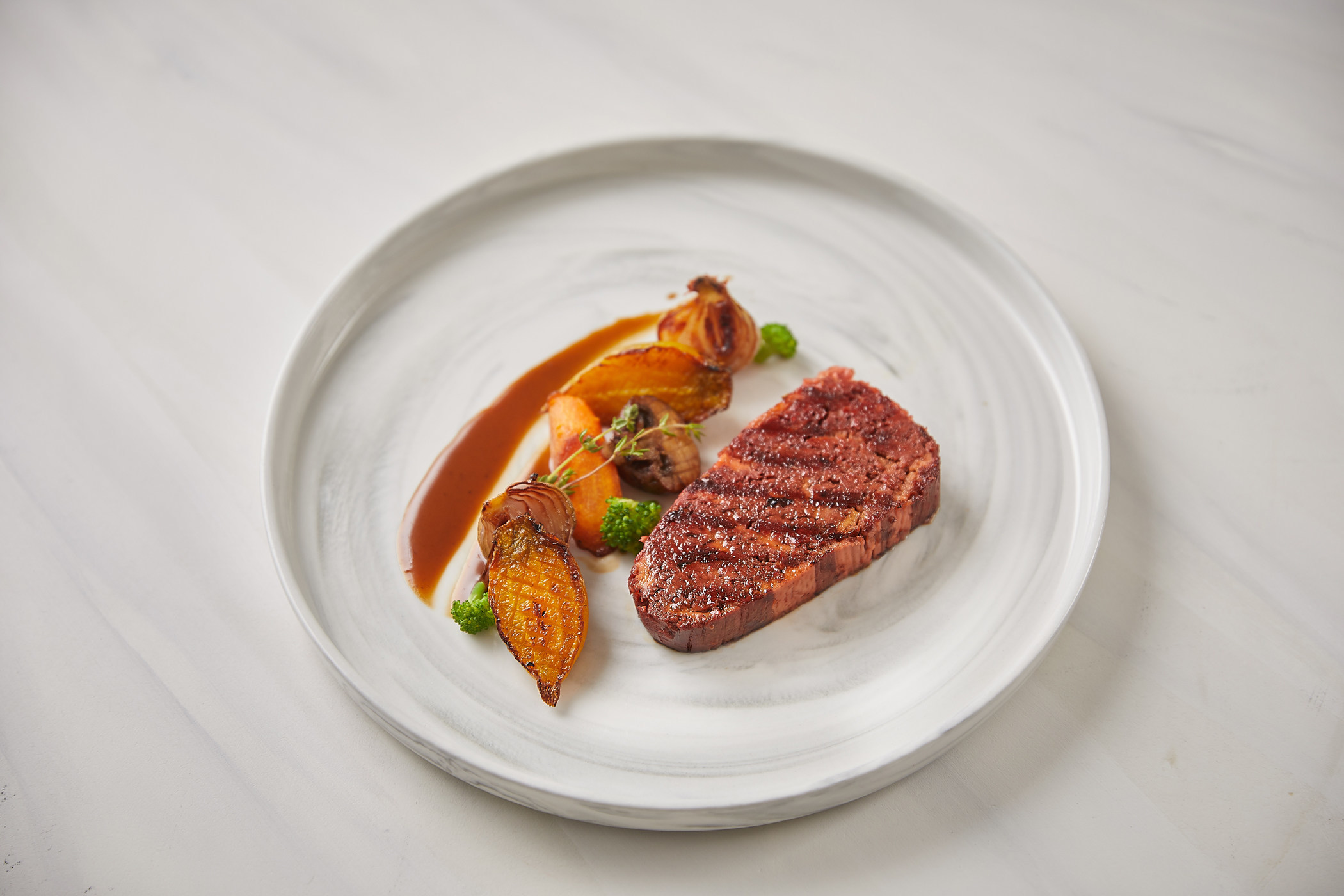


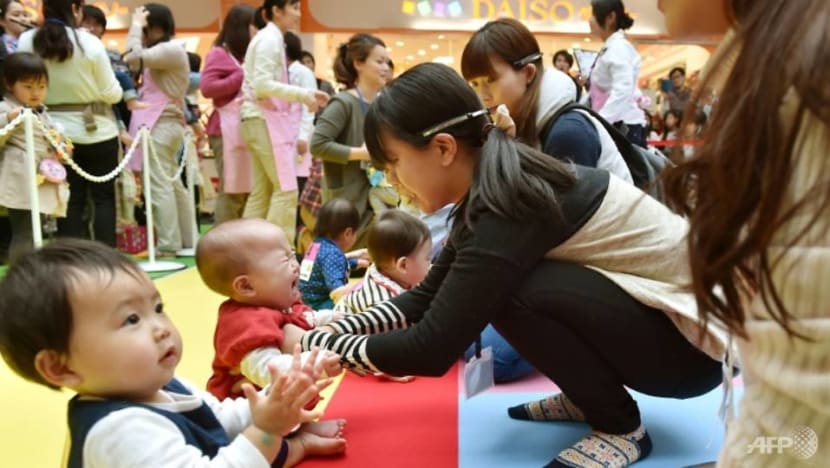 Rapidly-greying Japan has one of the world's lowest birth rates (Photo: AFP/KAZUHIRO NOGI)
Rapidly-greying Japan has one of the world's lowest birth rates (Photo: AFP/KAZUHIRO NOGI)

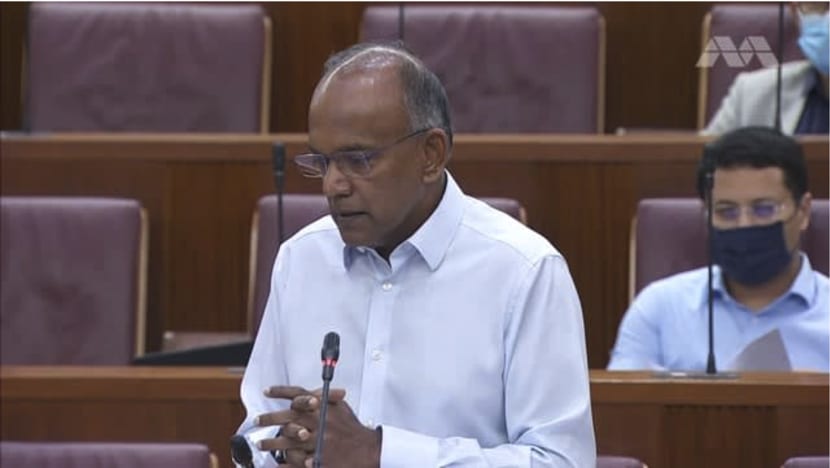


 Singapore topped Bloomberg's Covid Resilience Ranking this month.PHOTO: ST FILE
Singapore topped Bloomberg's Covid Resilience Ranking this month.PHOTO: ST FILE


